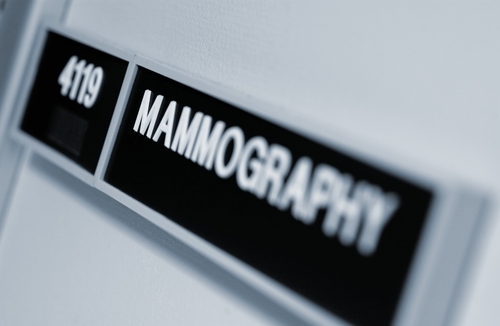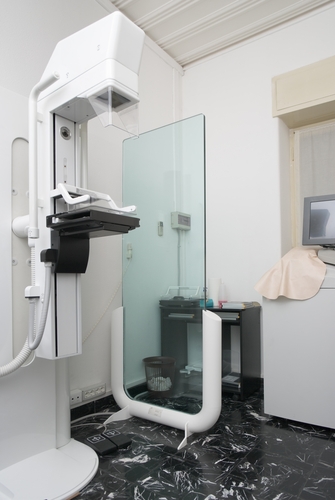The U.S. Preventive Services Task Force has issued new breast cancer screening guidelines. The new guidelines, published in the Annals of Internal Medicine, recommend biennial mammograms for average-risk women aged 50 to 74. They advise women in their 40s to make individual decisions on screening.
Guidelines Draw Controversy, Again
In 2009, when the USPSTF last amended its guidelines, the organization drew widespread criticism for recommending women wait until they turn 50 to begin regular screening, reported The New York Times. Since then, preventive organizations that once opposed these relaxed screening recommendations have come to adopt similar guidelines. Last year, the American Cancer Society made a splash when it advised women to start undergoing regular mammograms at age 45, a change it attributed to research on overtreatment. The USPSTF used similar data to formulate its 2009 guidelines.
According to Newsweek, the organization is again catching flack for its latest recommendations. Dr. Therese Bevers, medical director for the MD Anderson Cancer Center's Cancer Prevention Program, believes the USPSTF is undervaluing the importance of early screening.
"They are going to have to acknowledge that women in their 40s are less likely to die from breast cancer if they get a mammogram," she said in an interview with the publication. "They are also going to have to acknowledge that women are less likely to die if they have an annual rather than a biennial mammogram."
Dr. Susan Boolbol, chief of breast surgery for Mount Sinai Beth Israel, expressed similar concerns and highlighted the fact that breast cancer deaths dropped by 34 percent between 1975 and 2010, a trend she attributes to early testing and treatment.
"If we remove the early detection, do we lose ground in the area of medicine we've made so much progress in? That's very concerning," Boolbol said.
The Medical Imaging and Technology Alliance also took issue with the new recommendations.
"Mammography is essential for early detection of breast cancer, and access to this vital screening tool has been proven time and time again to save lives," MITA Executive Director Patrick Hope said in a news release. "We are disappointed that the task force failed to take this evidence into account."
The USPSTF argues that while early testing has some value, actionable data buttresses its latest guidelines.
"The value of mammography increases with age, and older women derive the most benefit," Dr. Kirsten Bibbins-Domingo, the task force's vice chair, said. "The science absolutely supports the benefit of screening in their 40s, but the likelihood of benefit is less for women who are younger."
A Data-Based Decision
The task force has repeatedly reaffirmed its commitment to data. While formulating its new guidelines, the organization referenced data collected by the Cancer Intervention and Surveillance Modeling Network. CISNET investigators used six data models to evaluate and synthesize treatment data on breast cancer screening and treatment.
They discovered that for women aged 50 to 74, biennial screening regimens would prevent a median of 7 deaths per 1,000 individuals screened. Biennial screening for women aged 40 prevented a median of 10 deaths but also produced nearly 2,000 additional false-positives.
However, the USPSTF and CISNET say women shouldn't base their care decisions on harm analysis.
"Model results are intended to inform decisions at a population and public-health level; they are not intended to inform any individual decision making," Dr. Jeanne Mandelblatt, associate director of population sciences for Georgetown University's Lombardi Comprehensive Cancer Center, said in an interview with Medscape. "Individual women need to discuss their preferences, their risk, and their density with their healthcare providers, and make a personalized shared decision based on the best evidence."
Contact Viztek for more information.
Ronny Bachrach
Latest posts by Ronny Bachrach (see all)
- Konica Minolta Debuts First-of-Its-Kind Digital U-Arm System at AHRA - July 27, 2016
- Researchers Detect Signs Of Stroke Risk Using MRI - June 27, 2016
- Imaging Biz: Q&A with David S. Channin MD: How to Make PACS Patient Centered - June 22, 2016










